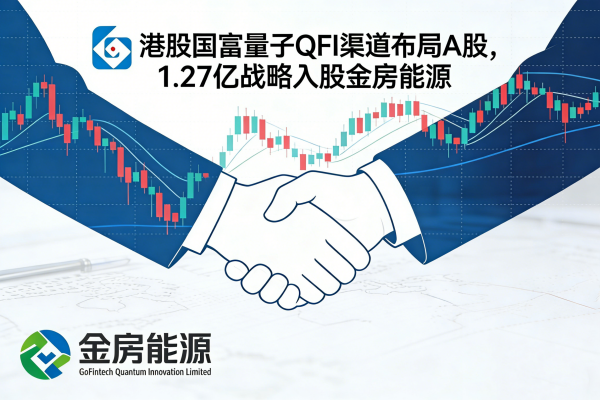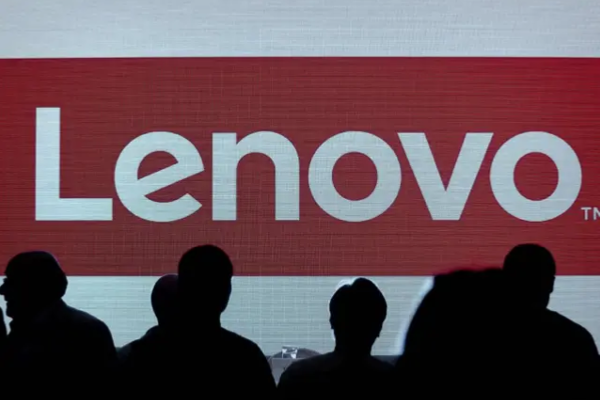UAE's three major regulators jointly deny rumors of issuing golden visas to crypto investors
According to the UAE official news agency WAM, the Federal Authority for Identity, Citizenship, Customs and Ports (ICP), the Securities and Commodities Authority (SCA) and the Dubai Virtual Asset Regulatory Authority (VARA) jointly issued a statement refuting the recent reports on some websites and social media platforms that "the UAE issues golden visas to digital currency investors", emphasizing that such information is untrue and calling on investors to be cautious and obtain authoritative information through official channels.
ICP pointed out that the issuance of golden visas is strictly based on the officially approved framework and standards. The applicants currently covered include real estate investors, scientists, entrepreneurs, artists and other outstanding talents who have made outstanding contributions to the country. ICP clearly stated that digital currency investors are not among the current golden visa grantees.
SCA reiterated that the UAE has always followed international regulatory standards to manage financial markets, and digital currency-related investment activities must be carried out under specific legal and regulatory frameworks and have no direct connection with immigration visa policies. SCA reminds the public and investors not to believe in unconfirmed false propaganda and to rely on information from official channels.
VARA also stressed in the statement that it has never authorized any virtual asset company to provide golden visa services through pledge or other forms of investment. In particular, VARA denied the recent claims that some companies have cooperated with the UAE to obtain golden visas by staking TON tokens, and clearly pointed out that the relevant companies have not obtained its license or are under supervision. VARA calls on investors to trade or cooperate in virtual assets through registered and regulated entities.
This joint statement was issued after the news that Toncoin claimed to cooperate with the UAE to provide ten-year golden visas to TON pledgers was widely circulated. The news caused heated discussions on social media, but the regulator quickly came forward to clarify to prevent misleading the market and the public.









